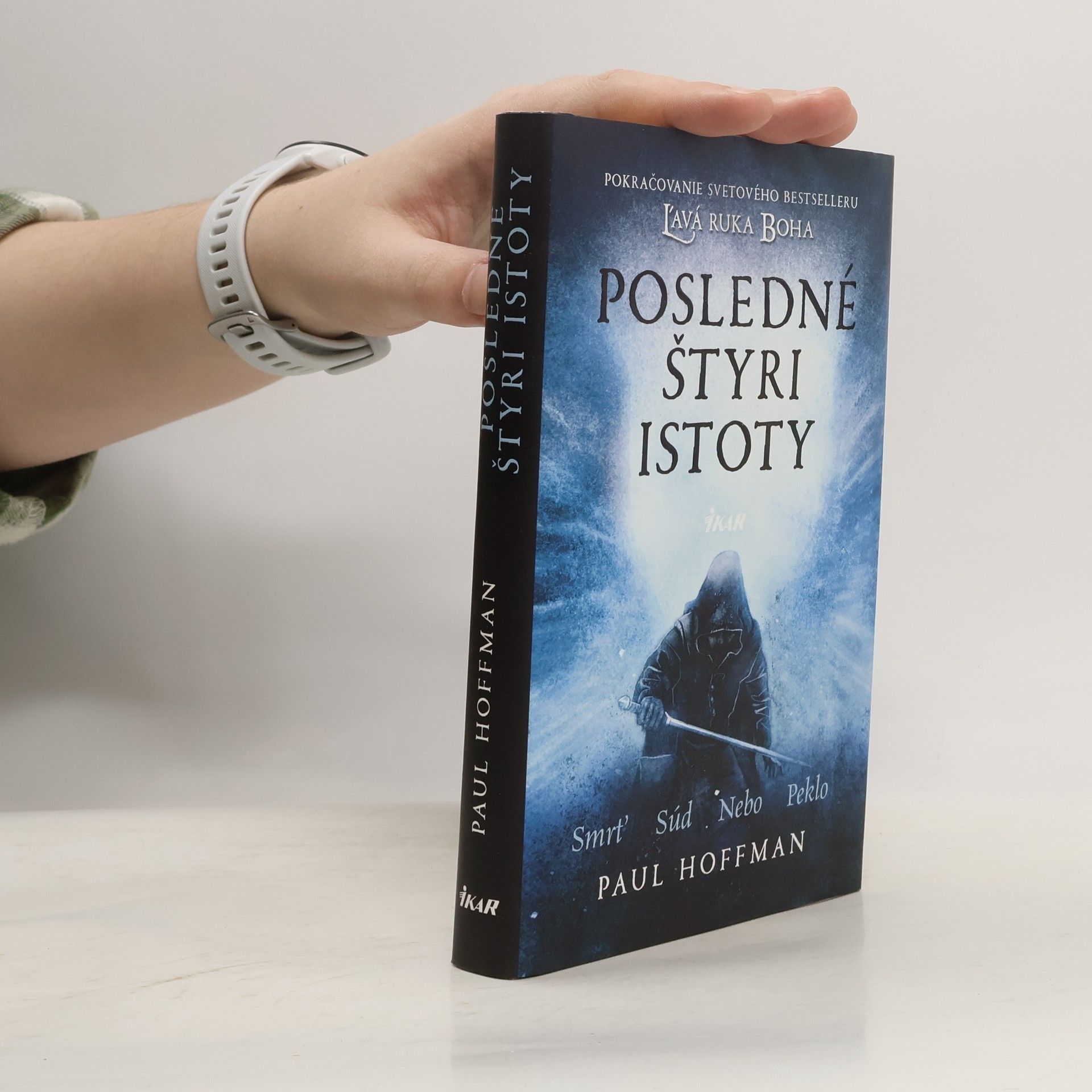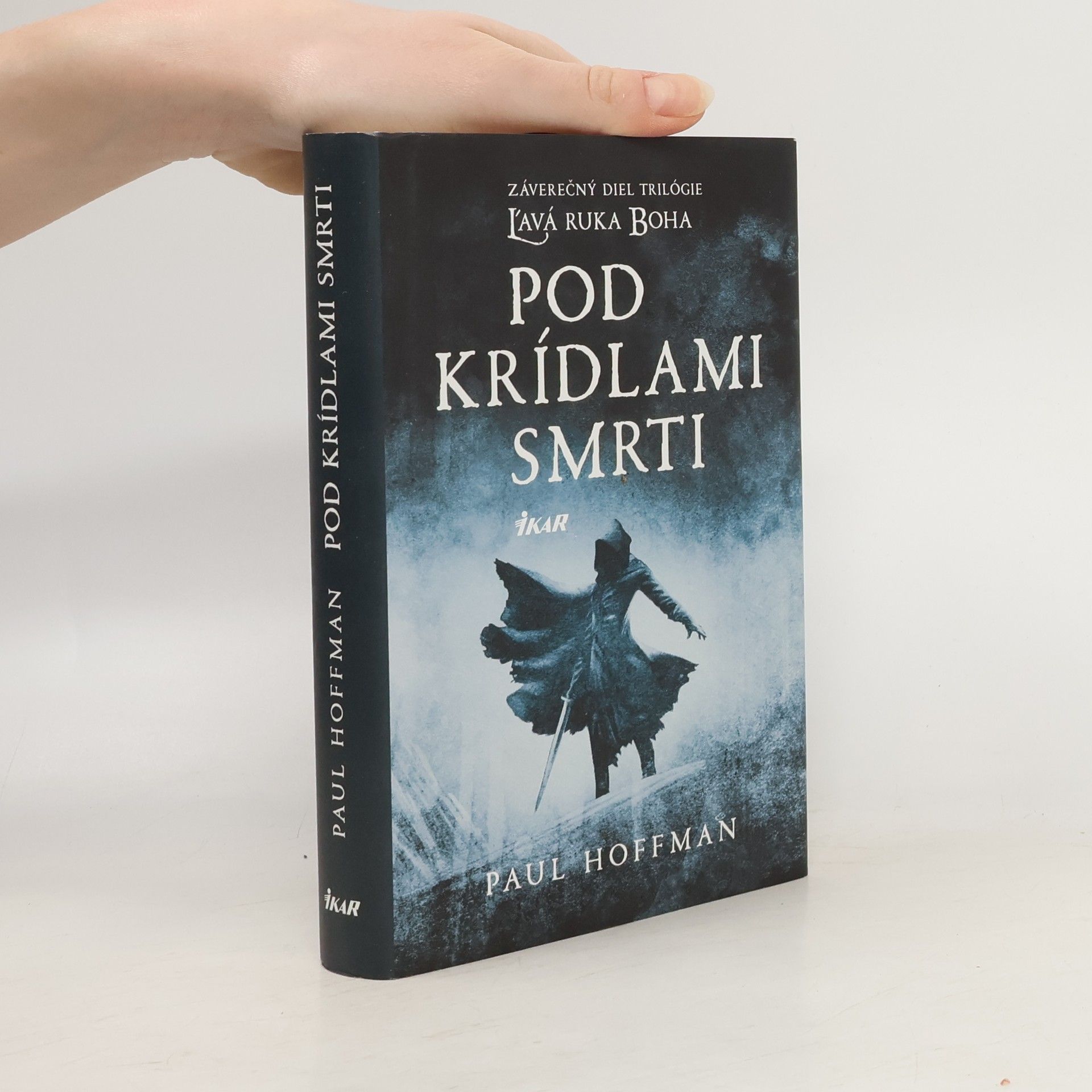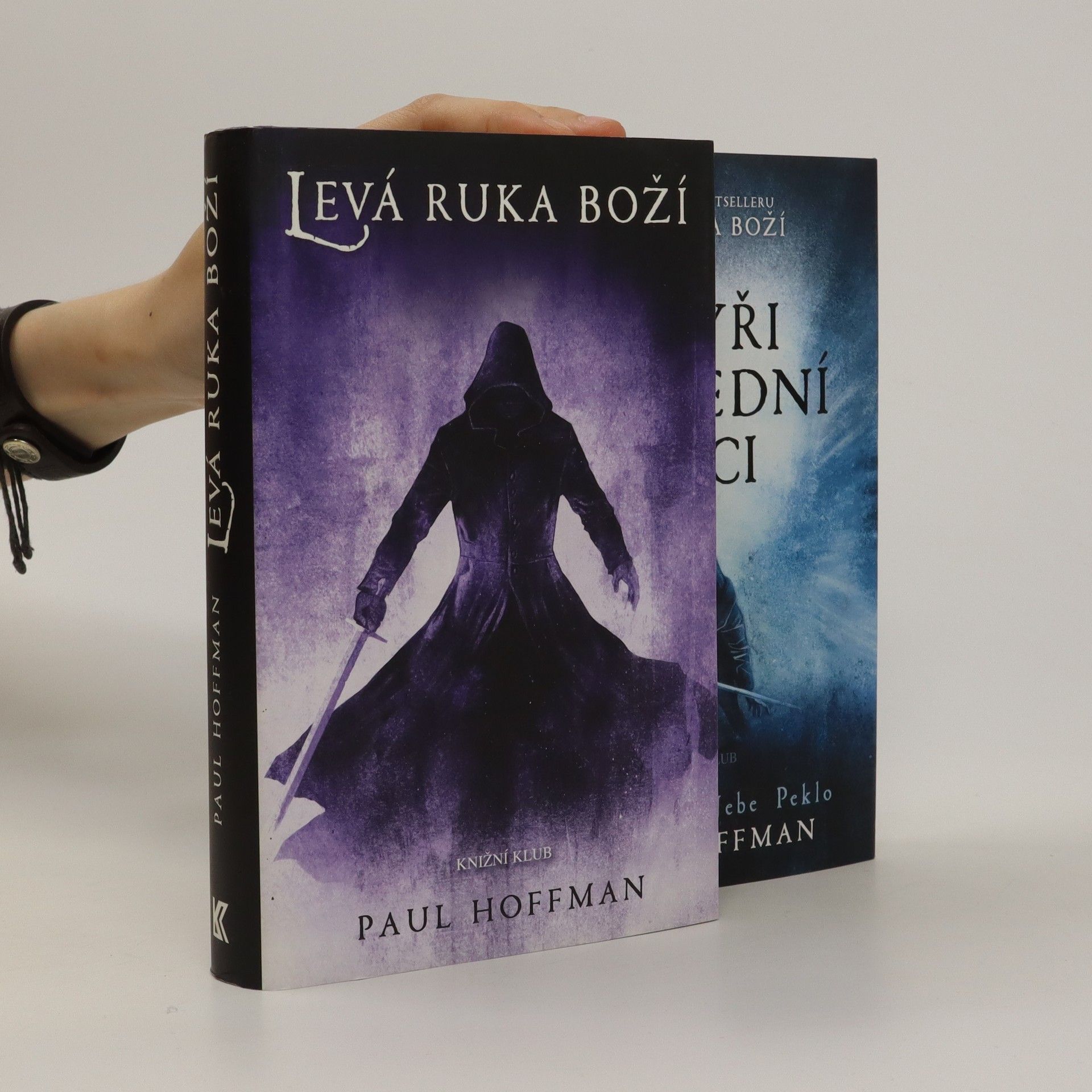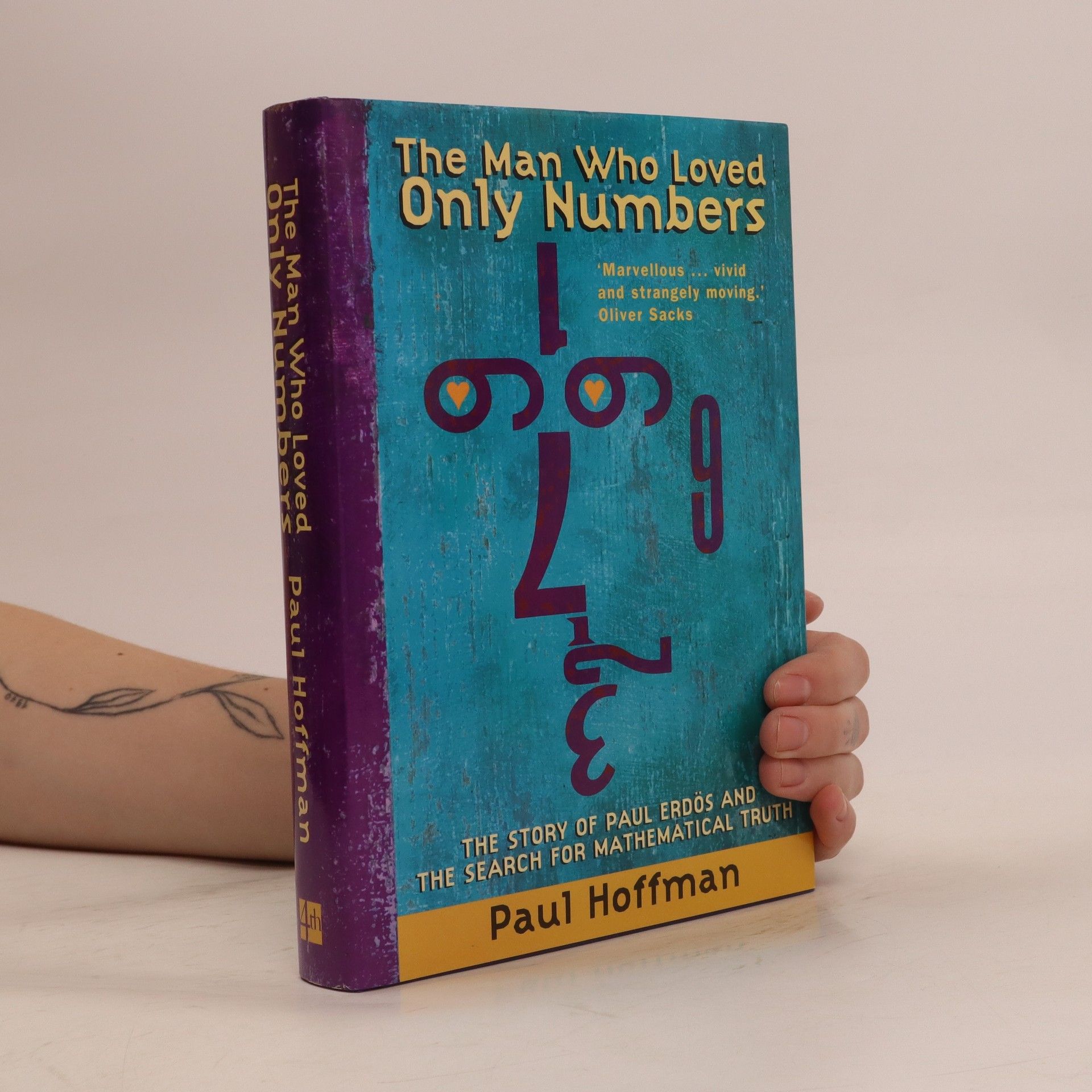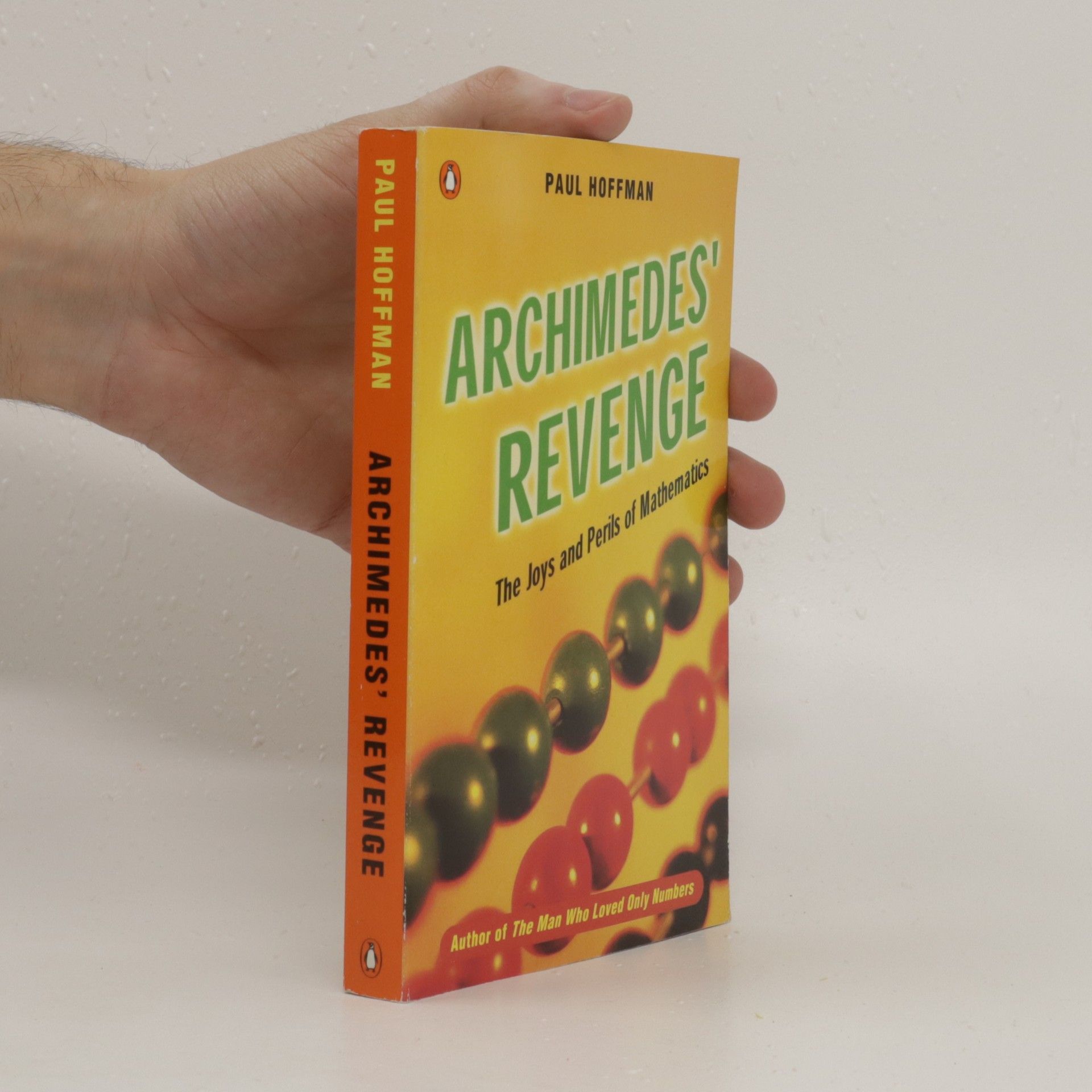Ľavá ruka Boha
- 336 stránok
- 12 hodin čítania
V útulku spasiteľov niet priestoru pre radosť a nádej. Väčšinu chovancov priviedli na toto skľučujúce miesto v útlom detstve proti ich vôli. Krčia sa pod krutovládou mníchov, ktorých zverstvá a nemilosrdnosť majú jediný cieľ – slúžiť Obesenému spasiteľovi. Útulok je rozľahlá pevnosť plná spletitých chodieb nasiaknutých pachom storočí náboženského zápalu. V jednej z nich stojí chlapec a cez tmavé okno pozoruje čerstvé prírastky do tohto pozemského pekla. Má štrnásť alebo pätnásť rokov – svojím vekom si nie je istý rovnako ako ani ostatní chovanci. Dávno zabudol svoje pravé meno, teraz mu hovoria Cale. Nepamätá si nič z predchádzajúceho života a netuší, čo ho čaká v budúcnosti... Ani to, že ho nazvú Anjelom smrti.




